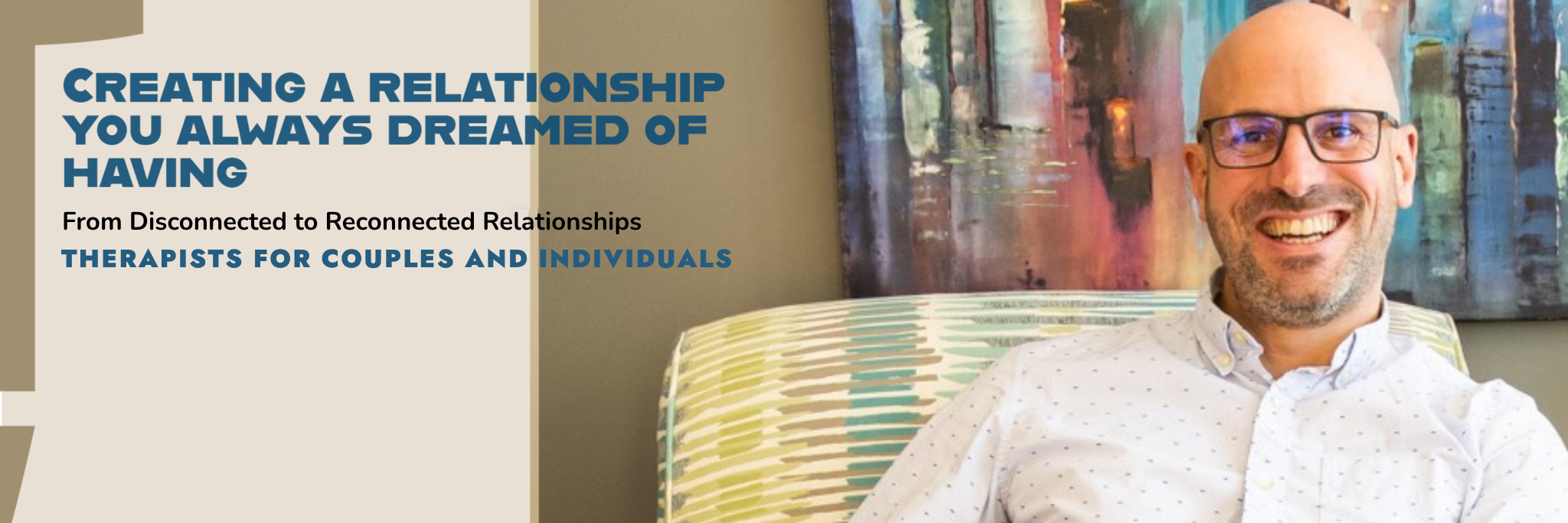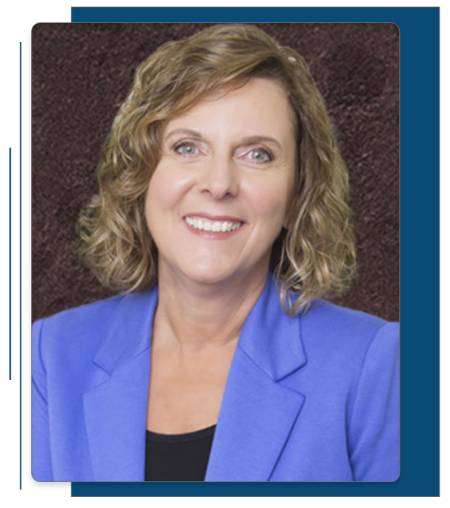
About Richard Mercier
Relationship and Couples Therapist
Calgary, Alberta
I’ve lived in several different countries, I speak four languages, and I have called Canada my home for the last 17 years. The field of psychology is actually my second career. In my first career, I learned to build strong relationships with my clients by understanding how they communicate and what their needs and expectations are. I then went back to school and did an undergraduate degree in Human Relations, where I learned about peoples’ emotional and intrapersonal needs, communication styles and interpersonal dynamics.
After graduating in 2008, I started specializing in co-parenting and couple work, during which I facilitated co-parenting workshops to help couples communicate and parent as a team. After a few years of working in community programs, I felt that I was missing some tools and decided to do my Master’s degree in Counselling Psychology, from which I graduated in 2015.

Both during and after my Master’s, I specialized in anxiety and depression due to the high need I was seeing at the university and within the larger community. Since then, I have focused on Emotion-Focused Therapy (Dr. Sue Johnson and Dr. Greenberg) as well as mindfulness approaches. I’m excited to be a part of Talk Therapy and offer Emotion-Focused Therapy for both individual and couples, as well as the opportunity to assist couples in building a healthy relationship. I’ll answer any questions you have in a free, 2o-minute Phone or Zoom session.
Credentials
• Emotion-Focused Mindfulness Therapy (EFMT), 2023
• Emotion-Focused Therapy Externship, 2022
• Emotion-Focused Couples Therapy (EFCT), 2020
• Certified in Mindfulness Meditation, 2018-2019
• Certified Professional and Personal Coach (PPCC, Concordia University), 2018-2019
• Emotion-Focused Therapy (Levels 1 and 2), 2016-2018
• Master of Arts in Counselling Psychology (McGill University), 2015
• Bachelor of Arts with a Specialization in Human Relations (Concordia University), 2010
• Certified in Conflict Resolution (Concordia University), 2009
About Lucy Pascal
Relationship and Couples Therapist, Advanced
EFT Counsellor, Calgary, Alberta
Becoming an Emotionally Focused Therapist: In 2004, after having been a counsellor for 2 decades, I discovered Emotionally Focused Therapy (EFT). Around the same time that I learned about EFT, my husband and I were struggling in our own relationship. After many years of marriage, we found ourselves in a pattern of what Dr. Sue Johnson calls “pursue” and “withdraw”. Like many couples in conflict, each of us had developed a way of responding to each other that was pulling us apart rather than bringing us closer together. I felt like we were miles apart and my partner was confused and didn’t understand what was happening.

Since we were committed to each other, my husband and I decided that we’d use EFT to help us. First, we read the book, Hold Me Tight, by Sue Johnston, one of the founders of Emotionally Focused Couples Therapy (EFT). Later, we attended a Hold Me Tight couple’s retreat.
Through our work and by understanding EFT, my partner and I discovered that when we were in conflict it wasn’t so much about the issue at hand. Rather, we came to understand that the deeper issues at the root of our struggles were unmet needs that we had not been able to express to each other. My need was to feel cared for and my husband’s need was to feel appreciated. This new-found knowledge helped us to know and understand each other at a much deeper level. We were finally able to listen to each other with our hearts. Through following the steps of EFT, we learned how to develop more loving ways of resolving conflict and nurture a growing connection.
My husband and I are incredibly grateful for EFT.
I am also grateful for the tools EFT has given me to better help my clients when they are stuck in their relationships.
Previous to my study of EFT, I thought the cause of couples’ distress was that couples saw one another as the enemy.
I now see couples in conflict as two people striving to reach the same end — have a relationship that meets their needs.
As my husband and I discovered, the key to solving couples’ struggles is that each partner must understand their own role in marital conflict. This entails recognizing and understanding what their needs are, then being able to share these needs with their partner, and finally, asking directly for their needs to be met. When this happens, couples stay connected to each other regardless of what their struggle is about.





